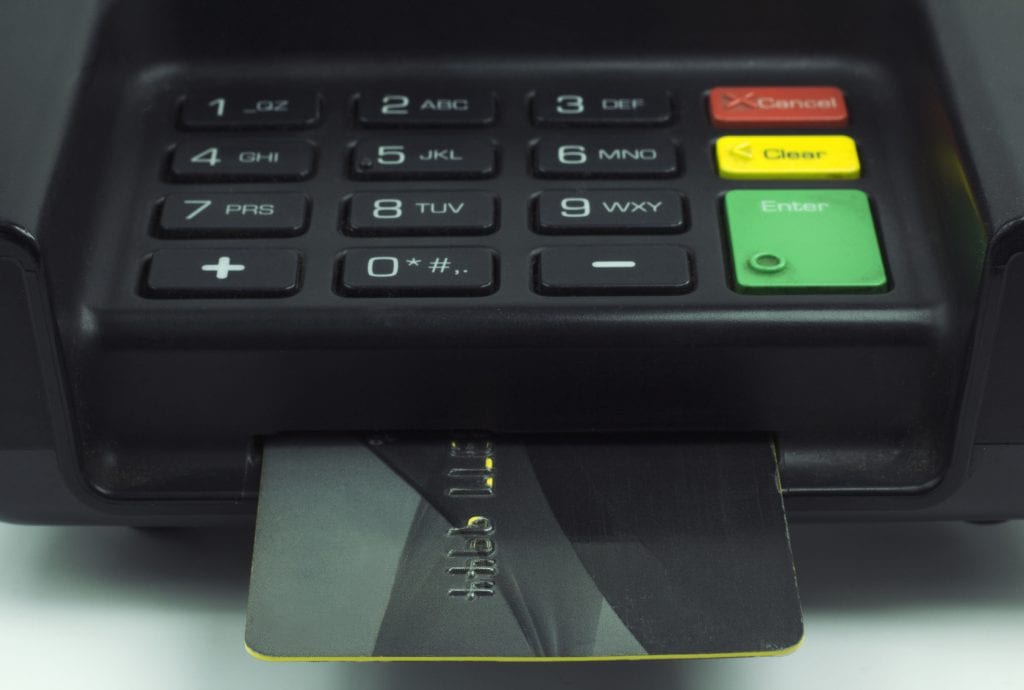President Trump made the construction of a wall between the U.S. and Mexico a centerpiece of his campaign. Paying for the construction has been a divisive topic. Suggestions have been made that a tax on remittances from the U.S. could be enacted to secure funding. That suggestion came a little closer last week when a Bill was introduced in the House that would charge 2% on remittances to Mexico and several other countries, primarily in South America. DigitalTransactions summarized the Bill:
U.S. Rep. Mike Rogers, a Republican from Alabama’s 3rd District, said his bill would impose a 2% fee “on all remittances headed south of the U.S. border,” according to a March 30 press release from his office. But the actual text of the bill, H.R. 1813, the Border Wall Funding Act of 2017, wasn’t posted on the official Congress.gov Web site until recently. The text names 42 countries or territories in Latin America and the Caribbean subject to a fee of 2% of the transferred amount if a person in one of those jurisdictions is the recipient of a U.S.-originated wire transfer. Mexico is listed first. Puerto Rico and the U.S. Virgin Islands are exempt, and the bill does not name the country of Trinidad and Tobago.
The text of the full Congressional Bill can be found here.
The Bill also outlines that money transmitters who would need to develop the systems to collect the fee from remittances to the affective countries and send them to the US Treasury would be able to keep 5% of what they collect over a 5 year timeframe to off-set their expenses.
Setting the politics aside and looking at this from a payments perspective, it would seem that informal, underground networks would pop up nearly immediately to avoid the fee. More funds will get stuffed into FedEx envelopes and sent south of the boarder to avoid paying fees. Perhaps services will pop up that first sends funds to a country not on the list, like Canada, and then in a second transaction forwards the amount to Mexico or its final destination. There are fines that can be assessed for those who try to get around the fees, but detection would be difficult. I have to also image that BitCoin developers are looking at this for potential opportunity.
Overview by Sarah Grotta, Director, Debit Advisory Service at Mercator Advisory Group
Read the full story here
